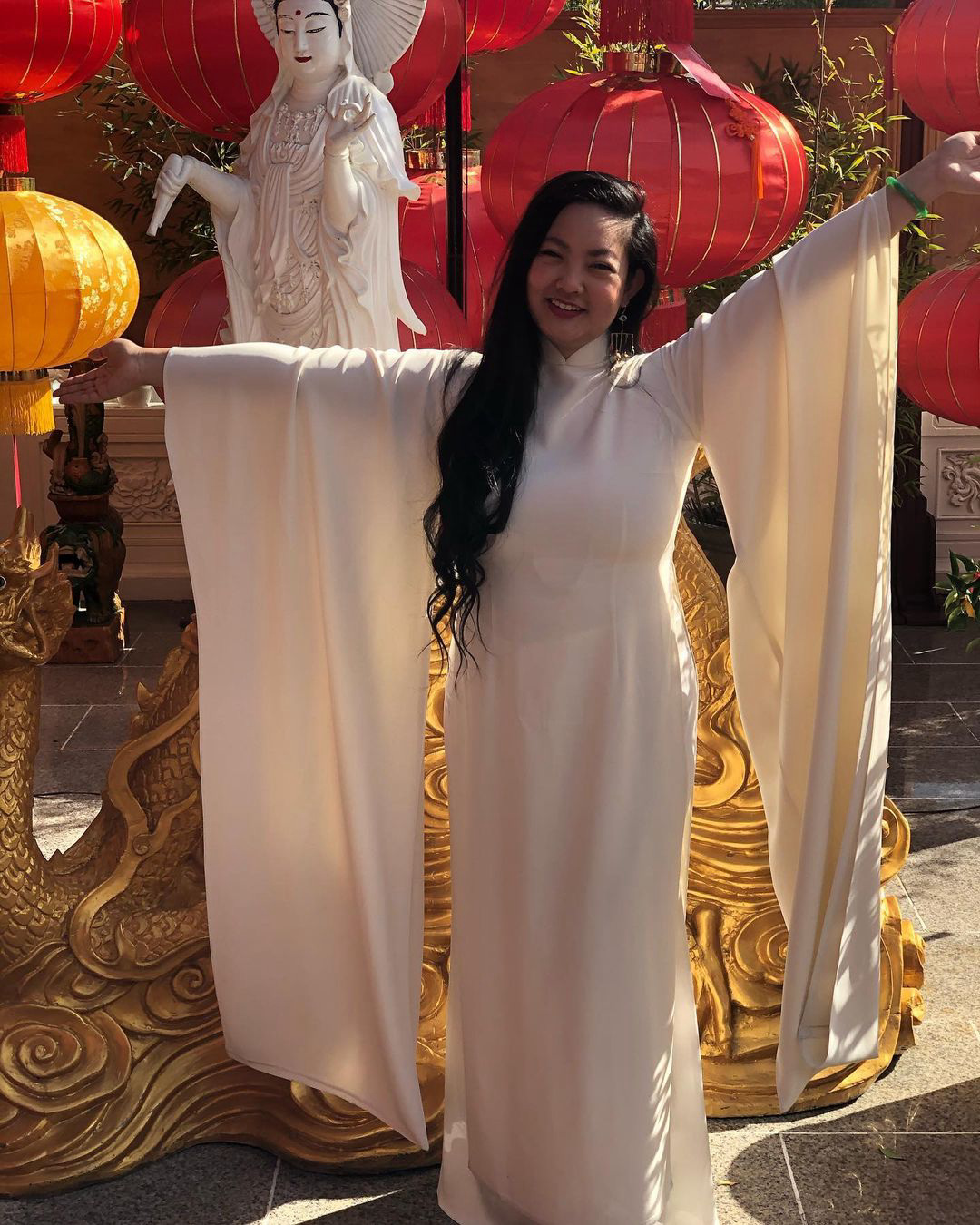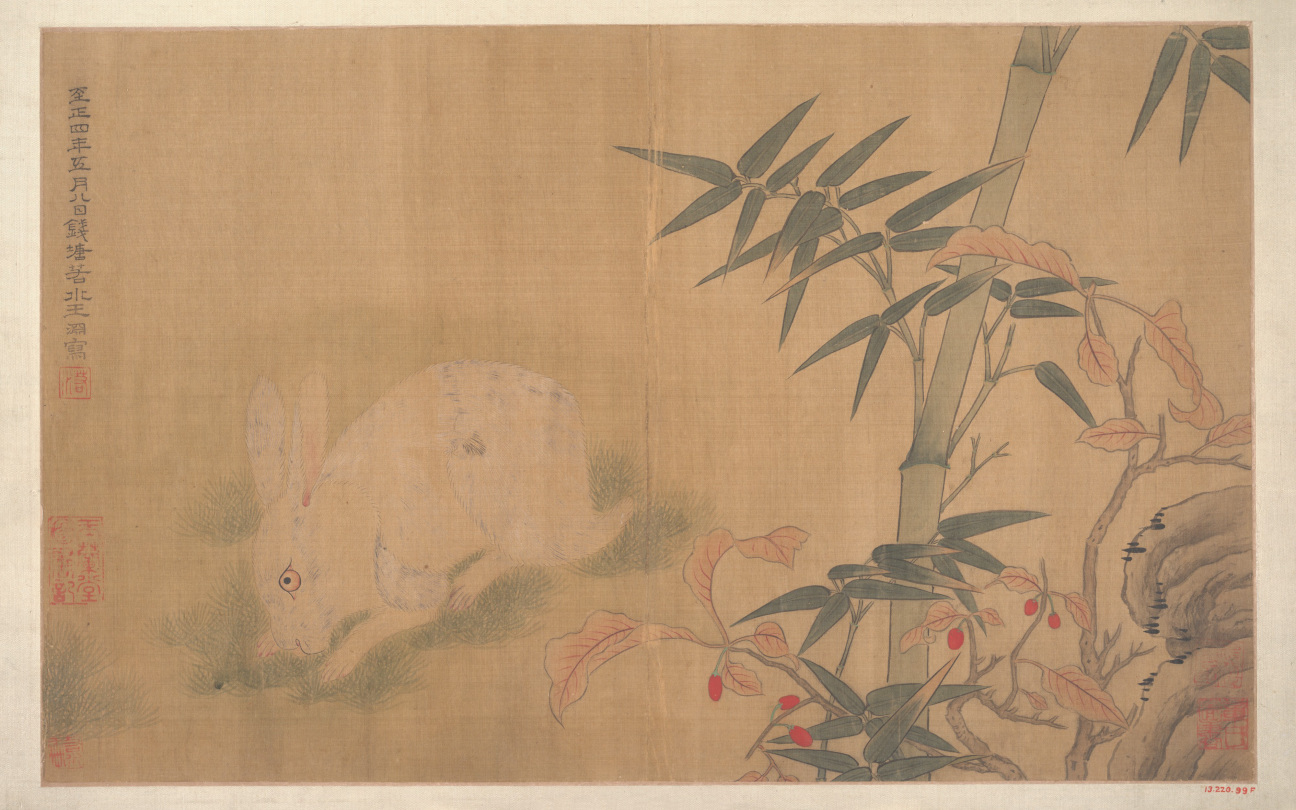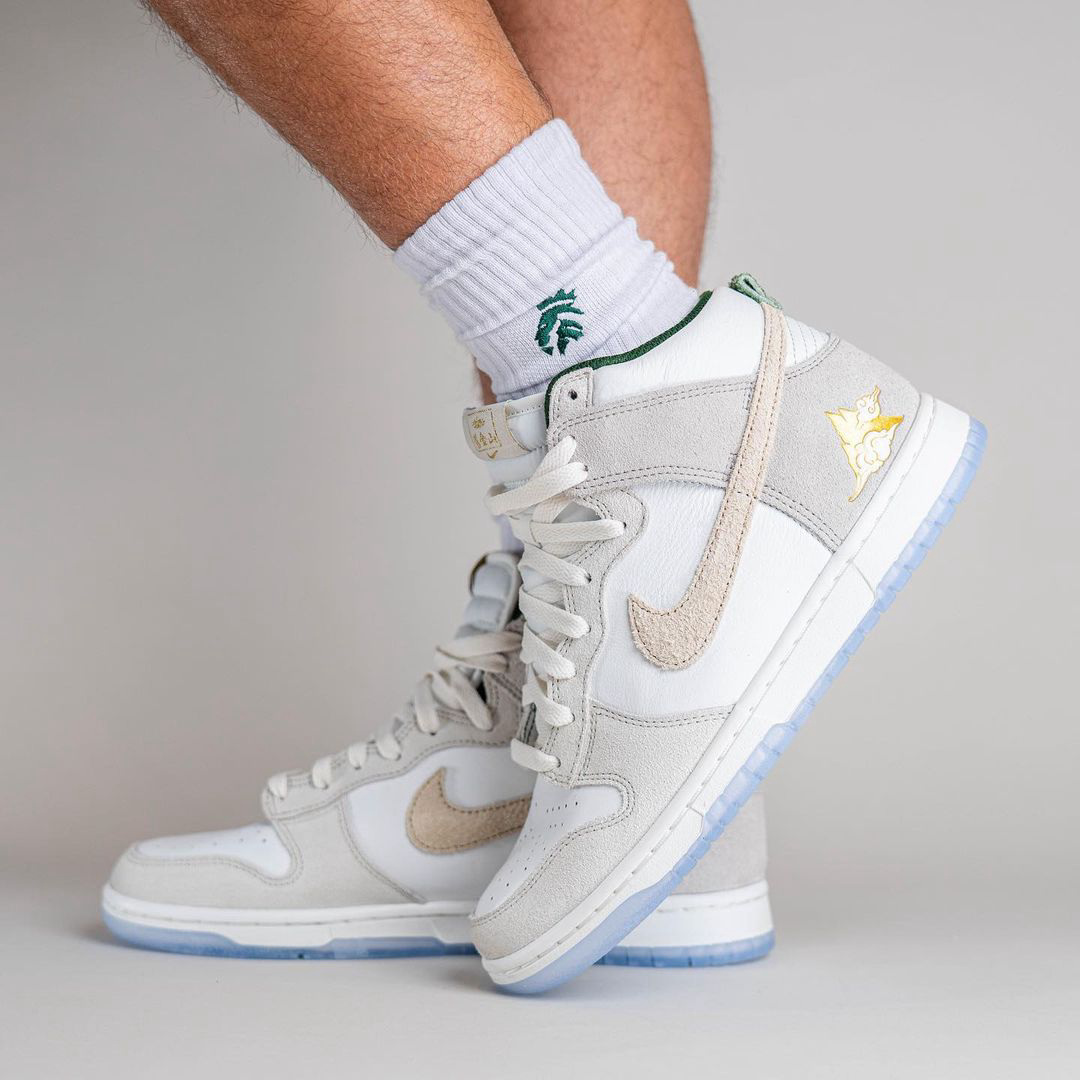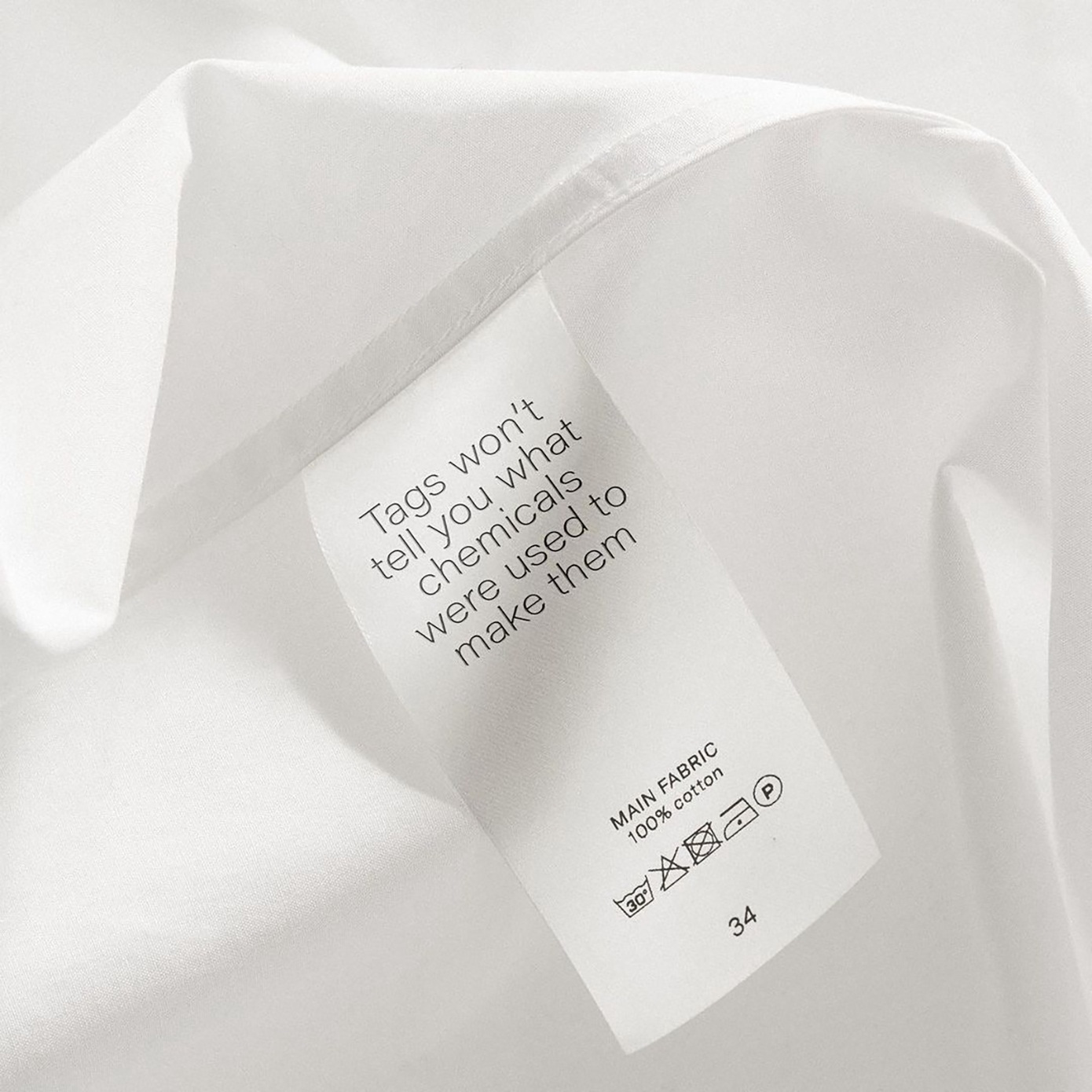Hot Takes is CULTURED's weekly poll that asks leaders across cultural spaces for their two cents on trending topics. Want to share your own? Send your rants to CULTURED by emailing digital [at] culturedmag.com or join the conversation on Instagram and Twitter.
Originating from the Spring Festival in the lunisolar Chinese calendar, Lunar New Year is observed by a range of East Asian and Southeast Asian cultures, from mainland Chinese to Vietnamese, Korean, and Ryukyu—even though it's generalized as "Chinese New Year" in the West. While each has unique beliefs and customs specific to their cultures, the shared holiday celebrates the arrival of a new moon and thus a new year, welcoming happiness, health, and prosperity.
Over the last decade, though, many commercial entities—from fashion and beauty to hospitality and food and wine—have targeted the holiday for marketing purposes, creating, designing, and customizing special-edition LNY/CNY products to monetize off of the moment that celebrates good fortune. As the Year of the Rabbit (this year in Chinese astrology) kicks off this week, CULTURED speaks with Asian and AAPI writers, creatives, and activists to discuss if the commercialization of the cultural event is good for the community or just good for business.

Amanda Nguyen
Founder of Rise, a non-profit organizaiton working to implement a sexual assault survivors' bill of rights, social entrepreneur and civil rights activist Amanda Nguyen has been nominated for the 2019 Nobel Peace Prize, and was named as one of thee 2022 Time Women of the Year.
Says Nguyen: I’m excited for people to learn about a holiday that is so near and dear to my heart. I hope that this opens a door to creative expressions within all different types of industries to celebrate Lunar New Year. There is always a risk of disingenuous appropriation, but I think that if companies come at it with open minds and open hearts and a genuine interest in learning about our culture, I welcome it."
Lisa Kwon
LA-based writer and reportor Lisa Kwon covers changes in the arts and food culture as well as local resistance movements against gentrification and displacement.
Says Kwon: "Lunar New Year is one of the oldest ongoing traditions of a time and place when family and community were what made us rich and bountiful. My parents and I celebrate Seollal (Korean New Year) by gorging on wine, meat, vegetables, and rice cake soup. We give thanks to my aunts, uncles, and grandparents who passed away and bestowed upon me a big appetite and a fighting spirit. I don’t care what limited-edition capsule collections Nike, Apple, and Gucci have to sell me; this is the one day that I feel as if I have enough."
Joshua Glass
Joshua Glass is a journalist, creative consulant, and the executive editor of CULTURED.
Says Glass: "As the prompter of this topic, I'm honestly not sure how I feel about it myself. Some of my apprehension to fully stand on one side, I gather, lies in my own reluctantcy—or incapability?—to untangle my cultural identity as a half-Vietnamese person from that of my profession in the fashion and arts space. Both of these elements have largely affected my own ideas of morality and behaviors of shopping (not that they are entirely dissimilar... but sometimes, aesthetic wins over inner truths.) Ultimately, like anything that toes the lines between culture and creativity, I do think when it's done right, it's wonderful. I don't value a handbag with a rabbit stitched onto it when the same product was just hawked to me a month before sans zodiac. But when there is authentic intention or integration of—or, frankly even a commercial payment for—an AAPI community or group, I can understand and welcome it."

Sue Chan
Sue Chan began her career at Momofuku, working her way from office assistant to brand director. Seven years into the job, she spread her wings to represent some of downtown New York's best eateries and worked with the likes of Wildair, The Four Horsemen, and Mimi Cheng's. This past year the former PR-powerhouse oversaw programming for the New York Times Food Festival.
Says Chan: "My approach is more understanding than most. For brands and society at large, change has to start somewhere, and I rather them try then not at all. While there is still a lot of work to be done to get it right, my hope is that we'll go through an awkward phase of figuring it out and then brands and society will course correct as they move forward. Any step in the right direction makes a difference, even if it's clunky. And it's only through the mistakes that brands, society, and even APPIs will learn, evolve, and finally change for the better. I just hope their intentions are in the right place and they are as thoughtful as possible along the way."
Michelle Li
Formerly the fashion and beauty editor of Teen Vogue, Michelle Li is a freelance writer and stylist.
Says Li: "I was initially really excited to see Lunar New Year being celebrated by designers and brands, because it’s such a big holiday for my family. But in the past few years these collections have left me feeling disappointed because it doesn’t seem like they are given the same amount of attention to detail and excitement as the rest of the collections and collaborations. I think that some time needs to be taken to really understand the holiday and the various traditions that come along with it. Oftentimes it feels like [the companies] just carelessly slap on whichever animal is the zodiac that year and make everything red. That’s when it feels exploitative and a money-grab compared to a well-considered collection that feels special and celebratory. It feels somewhat insulting that this huge holiday that is celebrated all across Asia has been reduced to these same few motifs year after year. I think it’s generally good to bring AAPI-focused initiatives into the luxury marketplace, but it deserves the same amount of thought and research as other initiatives. I’ve noticed that there are some brands that are paying attention and evolving their Lunar New Year collections to authentically celebrate the holiday and seeing those brings me a lot of joy, but at this point it’s pretty transparent when designers and brands just see their customers as a way to make money versus respected consumers with whom they want want to have meaningful relationships."
Blake Abbie
Magazine editor and cultural writer (for publications ranging from A Magazine to this one) turned actor, Blake Abbie can be seen in the fortchoming series Bling Empire: New York.
Says Abbie: "For Chinese people, gift-giving is central to culture; it’s probably the most important aspect of guanxi, or respect and responsibility to one another. So when is it more important to gift than at Lunar New Year? Chinese people are very superstitious and must follow tradition particularly when it comes to the most significant festival of the year. So gift and red envelopes abound this season.
Brands—luxury and otherwise—have forever commercialized LNY in Asia, why wouldn’t they capitalize a holiday that is about gifting; it’s only just recently that the West has acknowledged Asian people across the world hold onto and celebrate these traditions. The adoption of this kind of representation in the West is fantastic and will hopefully will open more space to celebrate varied cultures. It would be incredible if brands would find a way to be able to specify content for different traditions that surround LNY—like Vietnamese Tet or Korean Seollal—but talk to their marketing teams who often are in Europe and might think they’re all the same.
That said, China is still the largest luxury market and particularly at this time of the year after the "holiday" season in the West, brands would love to be able to count on revenue from customers when sales might otherwise be sluggish. I love the types of campaigns that luxury brands are doing in China for many of the traditional festivals, including the Lunar New Year. Bottega Veneta’s campaign for LNY this year is about people returning home; so there is a respect to the values of LNY and not solely trying to push new product onto consumers. Moving forward, I see more brands being more subtle in their marketing approach.
But with all this said, remember as you’re giving out red envelopes filled with money or a new handbag, the New Year dictates that you must wear something new and something red for the celebrations. So while you’re gifting your loved ones, respect tradition and gift yourself too."
Dong-Ping Wong
Dong-Ping Wong is the founding director of design firm Food New York, co-founder of Friends of + POOL, and founding member of Mahjong Club, which hosts a mix of downtown creatives in semiregular tournaments.
Says Wong: "I'm probably way too comfortable with holidays being commodified since they all seem to be, but it doesn't bother me too much. I guess the growth in LNY commodification is still pretty new so brands tend to be totally terrible and transparent about it, making it easy to write them off. Maybe we'll see more respectful commodification soon but that might be paradoxical. I was at a Cantonese restaurant yesterday with friends and the place was packed with big groups starting to celebrate. It had a classic more-white-people-than-Asian-people thing going on, but I was happy that people were using LNY as an excuse to eat a ton of food together, and really what else are holidays for?"

Sophie Shaw
Sophie Shaw is a fashion and beauty journalist in New York and the associate beauty editor of CNN Underscored, the media company's commerce channel.
Says Shaw: "Whenever I see a designer Lunar New Year collection, the TikTok sound saying 'capitalism really popped off with this one' plays in my head. After all, it’s pretty true for the influx of LNY merch we’ve seen in the past few years. The wave of red and gold-themed packaging and zodiac sign-printed products may highlight the holiday, but most of them do so superficially, relying on tropes specific to how Chinese culture celebrates Lunar New Year (for example, red and gold are considered lucky colors in Chinese culture, but not as significant in Korean culture). This was actually something I learned while working on a LNY story highlighting Asian-owned brands, which I wish more publications pushed. Instead of shopping round ups featuring big names like Nike, Coach, and European luxury designers, let’s highlight Asian and AAPI talent. And that leads me to my point: This is an instance where conscious consumerism is important; buying into these special edition collections isn’t inherently celebratory or supportive of Asian communities, especially if the products are coming from a Euro-centric label.
Instead, take this opportunity to support an Asian designer or entrepreneur. Not only will it help you celebrate a little more authentically, but it will support a community that has often been left out of the mainstream narrative. If we’re getting visibility through LNY, at least celebrate it with us properly. And honestly, you’re probably better off bringing fruit to a LNY celebration than a Year of the Rabbit-printed sweatshirt that’ll be on sale in a month. "
Claudia Leo
When word broke that Jing Fong—the largest and one of the oldest restaurants in Manhattan’s Chinatown—was to close during the Covid quarantine, its surrounding community, who had celebrated generations of holidays at the dim sum venue, was in shock. Claudia Leo raised over $5,000 for an outdoor extension that she ended up painting herself. Now she oversees the marketing for the institution, which was able to reopen as a smaller, single-floor location on Centre Street.
Says Leo: "I believe there is never such a thing of 'over commercialization' about Lunar New Year, as each is another tool of educating those who are not familiar with the holiday. There will never be a time that we'll have too much information shared about LNY and all things AAPI related! From a local Chinese restaurant’s perspective, we need more information on AAPIs and all the holidays we celebrate! Let’s not just celebrate on Lunar New Year, let’s not just celebrate during AAPI month, let’s celebrate each other’s cultures all year long. The more we celebrate, the more traffic we get into our community and to our restaurant. Keep the content, knowledge, and share stories coming!"



